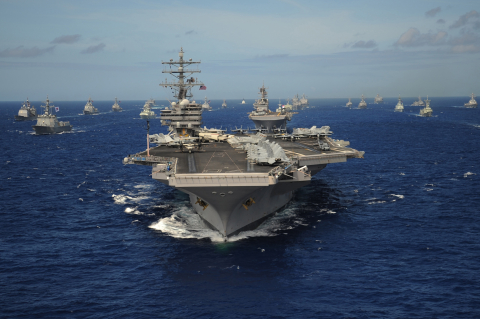742 publications
The European Energy Policy: Building New Perspectives
“After 17 years of supranationality, we are still seeking how to define a common energy policy and what it might be. [...] Could we have done more in one generation? Or were goals only established to achieve a political balance which it was explicitly agreed to ignore, once the machinery began to operate? Historians will have a hard task to distinguish between excessive ambitions and national hypocrisies”.
Germany: The Past that Does not Pass
Germany’s responsibility in the two global conflicts reflects, among other things, the German military’s desire to free itself from political control and the depth to which the Wehrmacht was immersed into Nazi ideology and a Nazi state whose orders it never really contested.
Turkey: the Sèvres Syndrome, or the Interminable War
For the Turks, the Treaty of Sèvres symbolizes the liquidation of the Empire and the carving up of Turkey by outside forces.
Rosneft, Gazprom and the Government: the Decision-making Triangle on Russia's Energy Policy
Russia finds itself exposed to many risks in the fast-moving global revolution in energy affairs, and cannot avail of its opportunities despite its unique combination of natural resources and experience in their exploitation. It has entered the phase of economic stagnation, and the under-performance of the energy sector is one of the key determinants of the durability of this trend.
The Mining Boom in the Sahel Region: Will the Development Last?
The Sahel, often discussed on account of its problems and crises – in particular recently, in view of the crisis in Mali – is in actual fact experiencing a new positive economic era, like the rest of the African continent. For the five countries of the Sahel region we shall be examining – Mauritania, Senegal, Mali, Burkina Faso and Niger – this favourable evolution, although it varies from country to country, is based on booming extractive industries.
China's Direct Investment in the European Union: Challenges and Policy Responses
Russia's Eastern Direction - Distinguishing the Real from the Virtual
The Asia-Pacific region has assumed primary importance as a center of global politics and economic dynamism. For Moscow, this development highlights a world in which many long-standing assumptions about international politics are being overturned. It speaks of “global power … shifting to the East,” and of Russia becoming involved in the “dynamic integration processes in the ‘new Asia".” But for all the rhetoric about a “turn to the East”, Russia’s commitment to serious engagement with the Asia-Pacific is uncertain. Its elite retains a strongly Western-centric world-view, even as it criticizes Western shortcomings.









